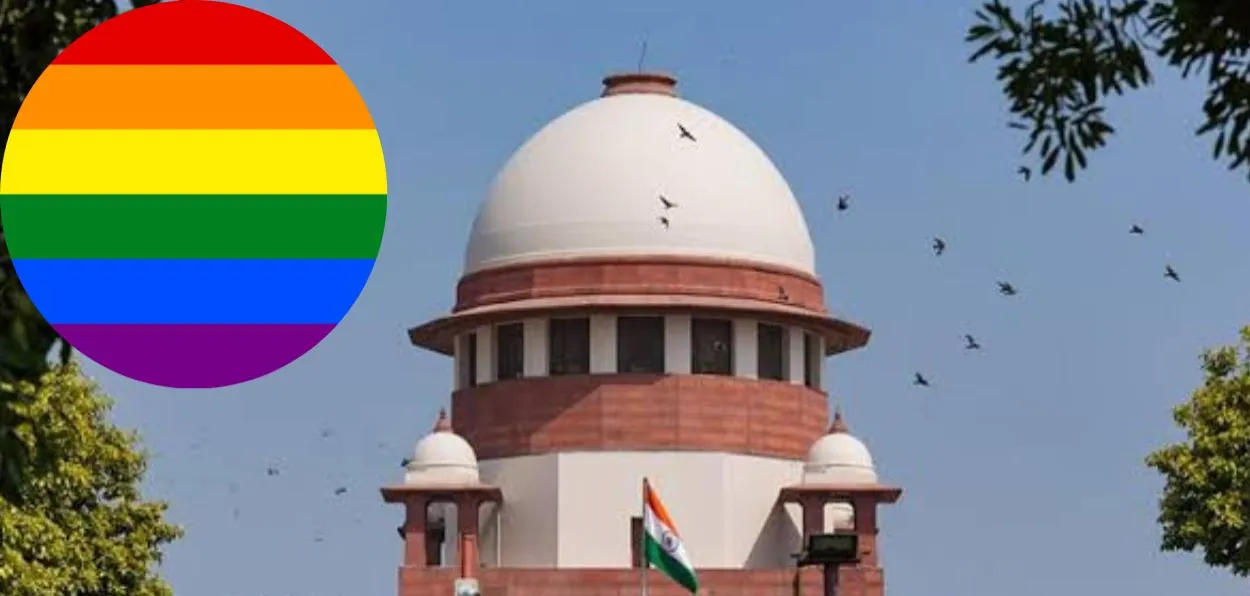
Dr Shomaila Warsi
As the world debated the demands of the LGBTQ+ community, the issue of same-sex marriage in India turned into a contentious topic. With the 2018 decriminalization of homosexuality, the focus now shifts to the legalization of same-sex marriage. As the Supreme Court of India Bench led by Chief Justice of India DY Chandrachud deliberates on this crucial matter, there are three pertinent questions it must consider.
Question 1: How can the Court balance cultural and religious sensitivities with the constitutional rights of all citizens?
India is a diverse nation, home to numerous religions and cultural beliefs. Marriage is an extremely respected institution in all Indian faiths and social groups. Marriage is the basis of society. It’s a traditional institution that was primarily meant to fulfill the procreative role of human beings and was supposed to be a union of a biological female and a biological male. Parenthood, property rights, succession, and social order would then follow it. If male-female binary and the procreative role is taken out of the institution of marriage the very idea of marriage gets challenged. Why not then name the union of two human beings something else if the relationship cannot fulfill the duty to procreate?
The Supreme Court must carefully consider these sensitivities while ensuring that the constitutional rights of all citizens are upheld. The Court has the daunting task of finding the delicate balance between respecting tradition and advocating progress.
The Court can facilitate an inclusive dialogue, engaging religious leaders, LGBTQ+ activists, and legal experts to create an environment that fosters understanding and unity. By acknowledging the importance of cultural and religious values, the Supreme Court can work towards a decision that respects diversity while championing equality and justice.
Question 2: What legal frameworks can be developed to support same-sex marriage in India?
The Supreme Court has the responsibility to examine existing legal frameworks in countries that have already legalized same-sex marriage. By understanding the experiences of these nations, the Court can carefully assess the potential impact of such legislation on Indian society. It remains to be seen what impact same-sex marriages are having on the societies in the West. The Government has in its reply said that same-sex marriage is the practice of a selected urban elite in India. Indeed, same-sex marriages are still being debated in most of the western societies and it is too early to allow this practice in India. We don't need to rush to adopt everything that is being practiced abroad. India has its traditions that have stood the test of time and we must go slow on every new idea that can have potentially destructive implications for Indian society.
Question 3: How far can the Supreme Court stretch the freedom of choice?
An important question that is being asked in India this time is what will be the stance of the Supreme Court if tomorrow a group of activists calls for the legalization of incest. Solicitor General Tushar Mehta rightly argued before the CJI that what if the demands for the legalization of prohibited relationships are made in the future under the freedom of choice argument, how would the Supreme Court look at it? The CJI Chandrachud’s reply that this is far-fetched, is not in reality farfetched enough. In Germany, there has been a long-time demand to legalize incest as it’s the freedom of two consenting adults and in New York also rallies have been staged in favour of accepting incestuous relationships. Where shall the line be drawn and where will the freedom of choice debate end, is something that the Supreme Court must consider before pronouncing a decision.
ALSO READ: Rising above Religion: Why Atiq Ahmad incident calls for Unity, not division
As the Supreme Court grapples with the issue of same-sex marriage, it must navigate the complex landscape of cultural, religious, and legal factors. Rushing with a decision on this matter can have disastrous consequences for Indian society.
(Dr. Shomaila Warsi PhD teaches Politics and International Relations at Kirori Mal College Delhi University. Views are personal.)
